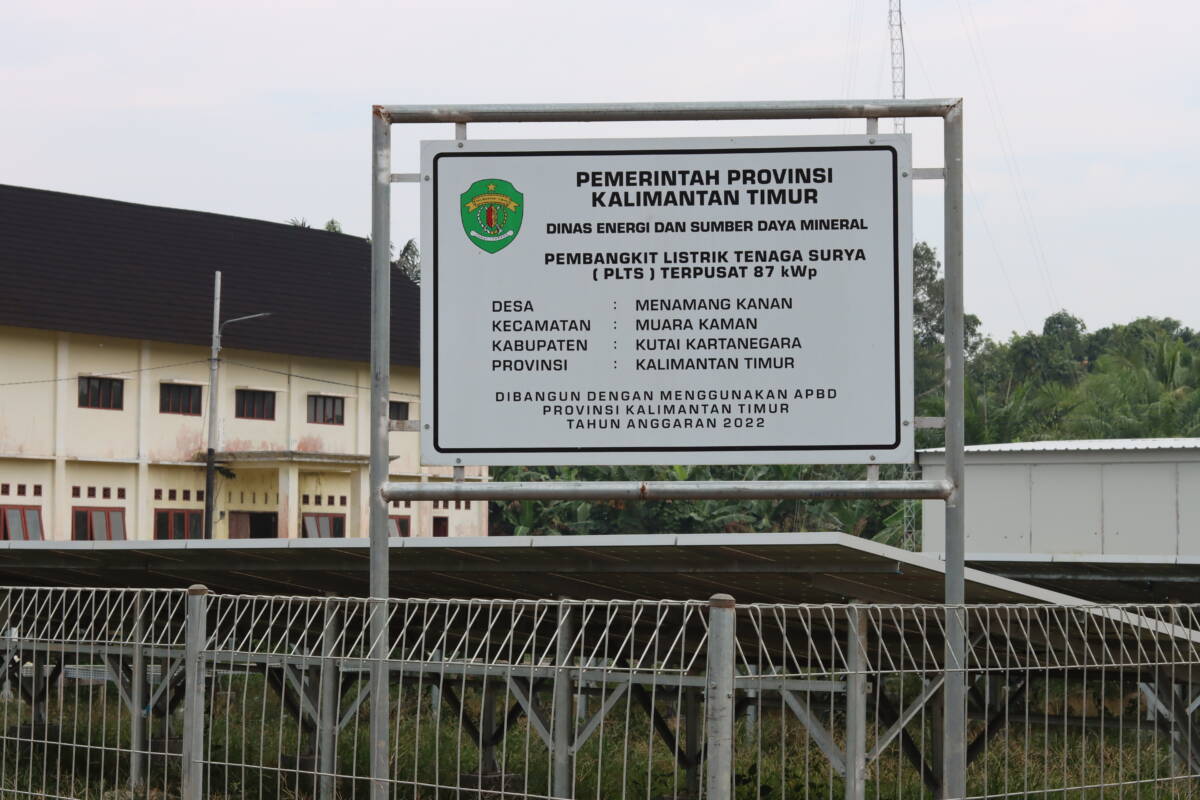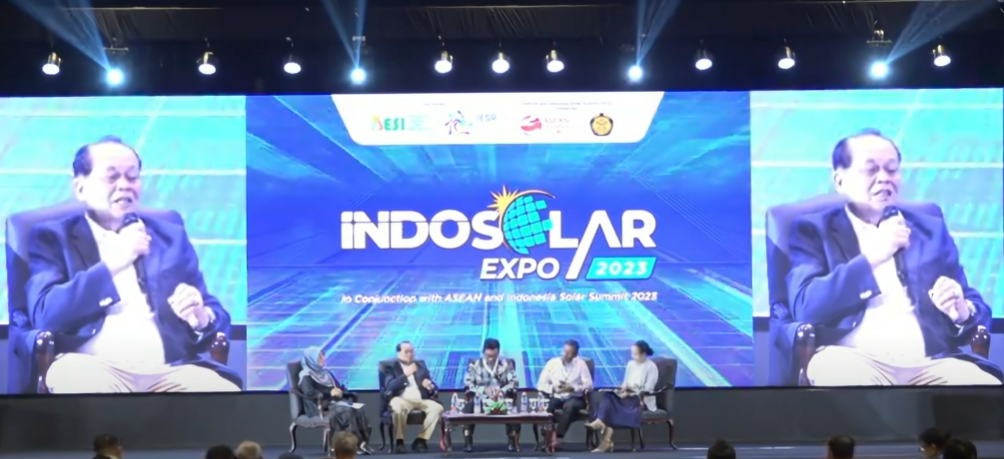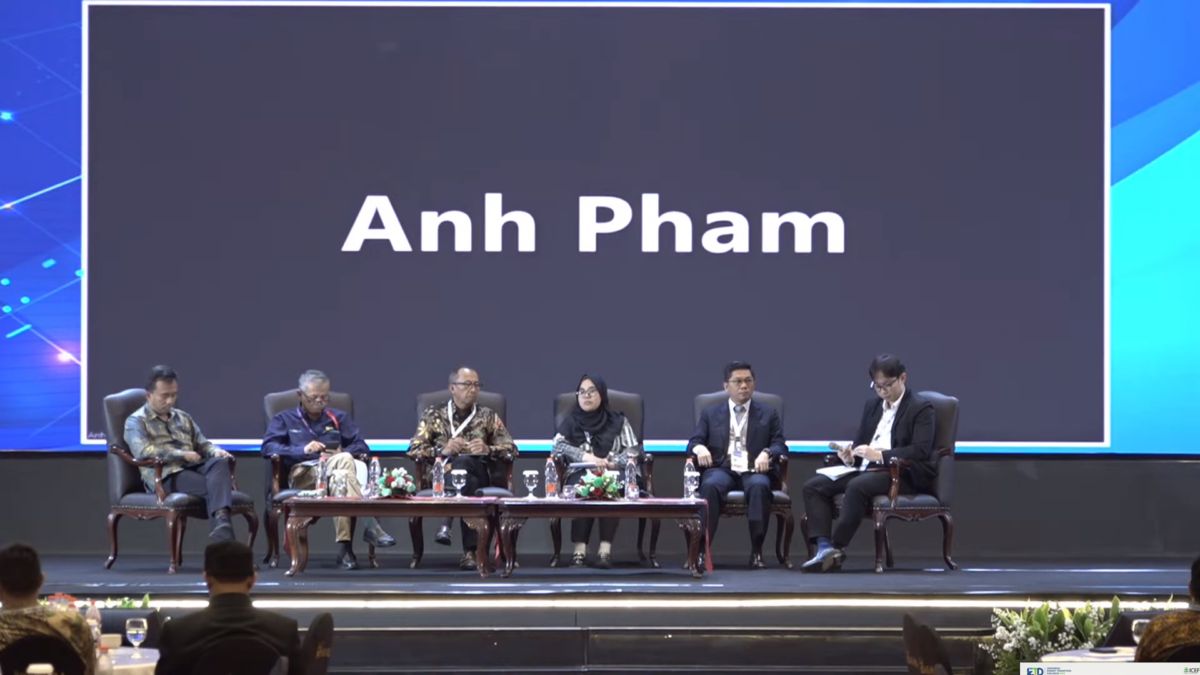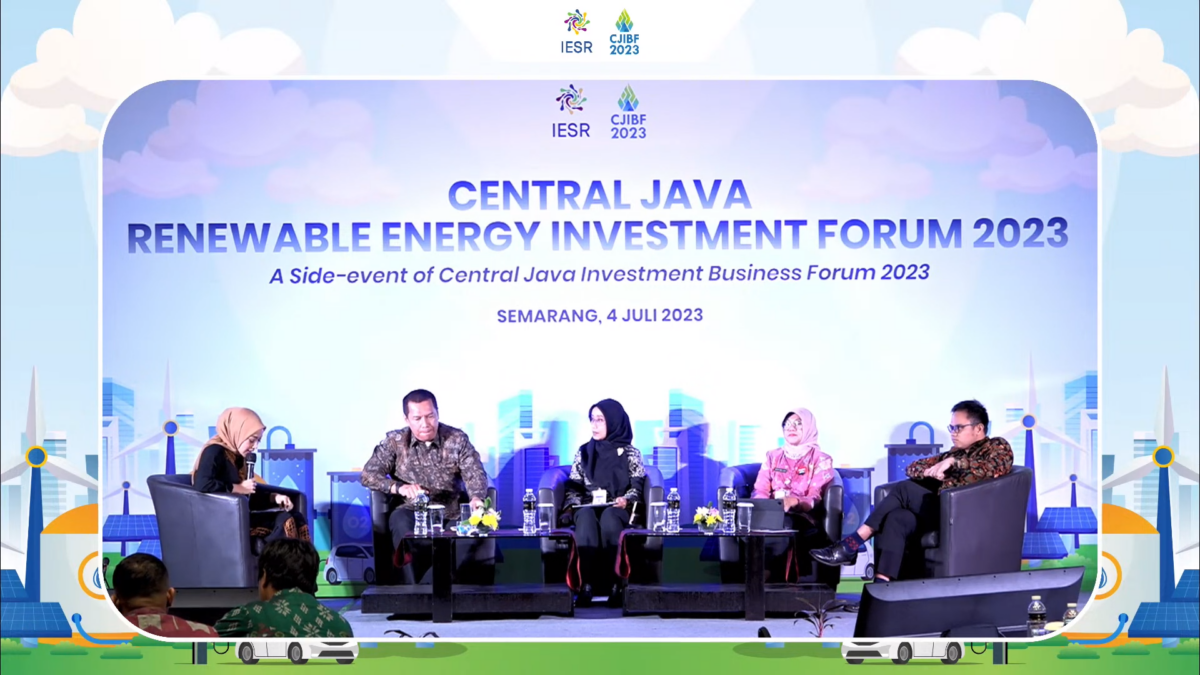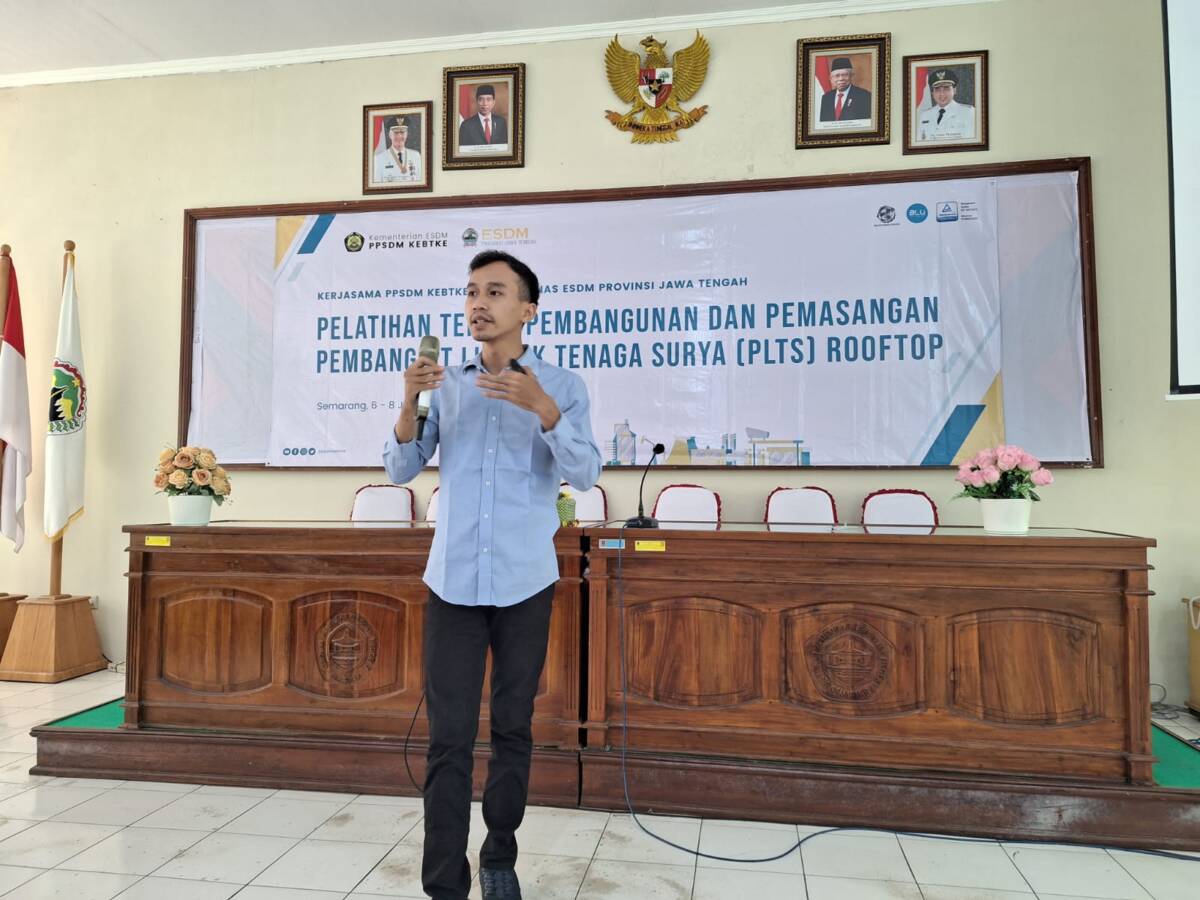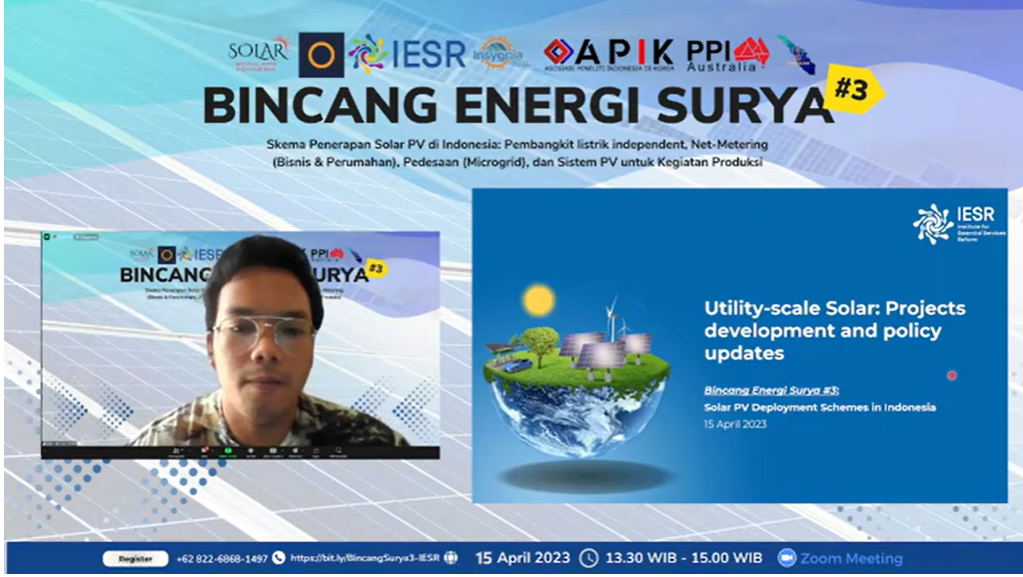Samarinda, 7 September 2023 - Menamang Kanan Village is located in Muara Kaman District, Kutai Kartanegara Regency. It takes around 4 hours to travel from the city of Samarinda via road to reach this village. Until 2022, the people of Menamang Kanan rely on diesel generators from a company's CSR (Corporate Social Responsibilities) program to…
